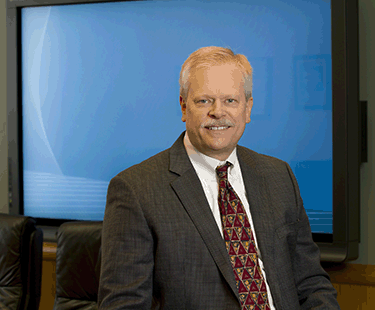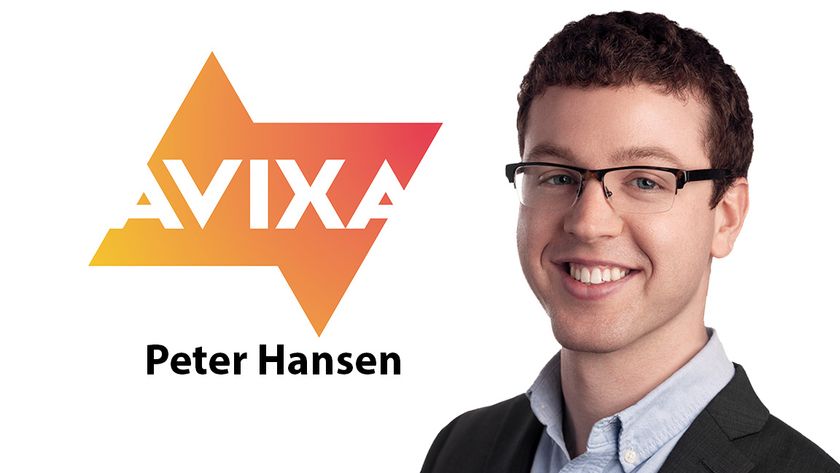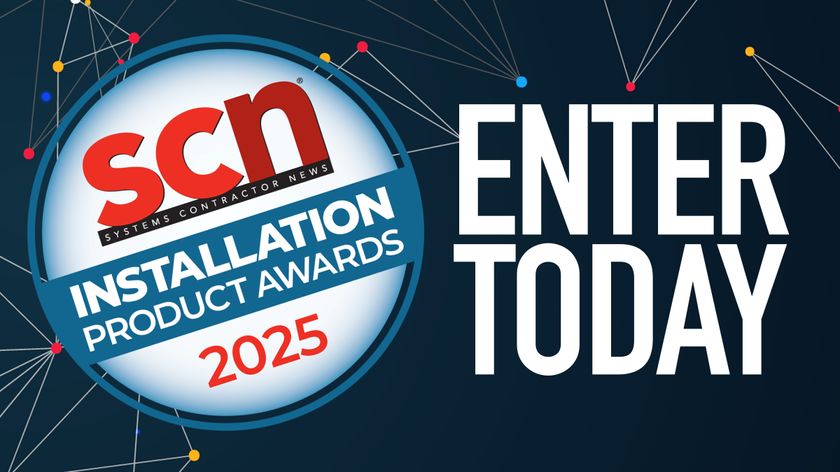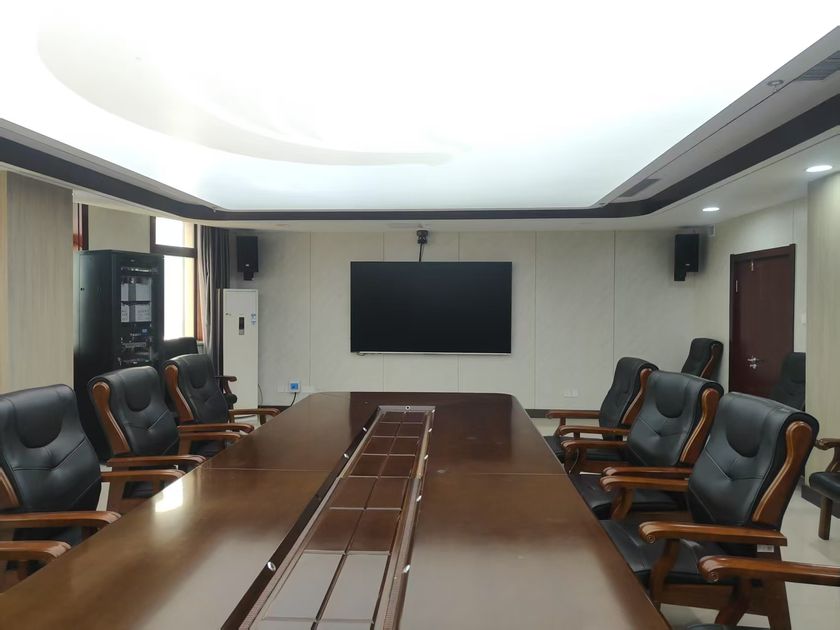The proven project management strategies you read about time and again yield consistent results. The challenge is implementing these 10 strategies when your team is working at capacity with multiple demands and deadlines.

Mark Madison
Make a plan. Planning is important for any significant endeavor, but it’s the first thing pushed aside in the rush to meet deadlines. There is no project success without a plan.
Clarify expectations. During planning, clarify the scope of work and create a realistic plan to meet the project time frame and budget. This will bring to light the challenges and compromises needed to meet these criteria. Most projects that fail, fail before they are even started.
Don’t be afraid to tell the truth. It is your job to uncover the truth about the project as soon as possible. The sooner the true status of a project is revealed to everyone the more options you have to correct them.
Host a project kick-off meeting. Gathering first-hand information from team members and stakeholders is vital to understanding the “big picture” about your project. Don’t take for granted those who have an interest in the project’s success (or lack thereof).
- Focus on Communication. The primary job of a project manager (PM) is to facilitate excellent communication among all of the team members and stakeholders. The PM effectively negotiates the project and organizational constraints. Daily and weekly communication plans are keys to success.
Stick to proven project management processes. You have processes for a reason. Most issues arise when people think they can take short cuts around effective processes.
Create and maintain a detailed schedule. Keeping schedules in your head is problematic. You, your team, the trades, and the other stakeholders in the project need to be kept up to date with the schedule and all its dependencies.
Build and test your equipment racks and systems in the shop. Every hour spent in the shop can save two or more in the field.
Think through a detailed commissioning plan. Lack of proper resourcing and task management in the last five percent of a project can delay project closure. Many people will under resource this last phase of a project, saying “I don’t have the budget left for more people.” This always costs more in the long run.
Keep your process improving. Hold “lessons learned” meetings to share both positive and negative lessons with your team. This will accelerate your growth faster than anything. Celebrate all of the small successes. People keep doing what they are praised for doing.
Mark Madison is the Executive VP of Systems Integration at CompView. This feature is part of SCN's "Hush Hush" October print issue.











